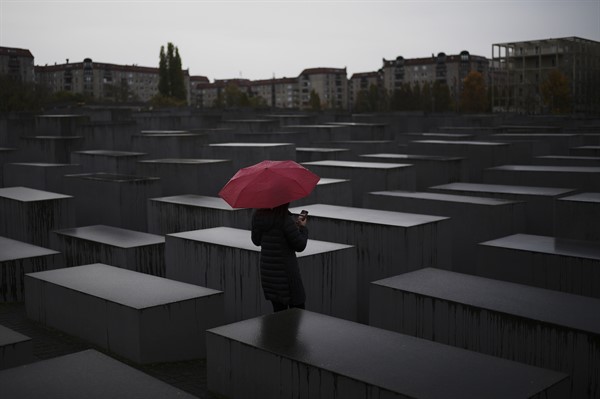Last Friday, Jan. 27, marked the 77th anniversary of the liberation of the Auschwitz concentration camps, a day now observed as International Holocaust Remembrance Day. Many used the occasion to commemorate loved ones they lost, to hear stories from Holocaust survivors and to reflect on the tragically destructive capabilities of humankind. Others used it to highlight the persistence of antisemitism worldwide, taking the opportunity to urge us to do “everything we can to make sure it never happens again.”
Almost eight decades later, however, many survivors of the Holocaust are no longer alive to share their stories. This prompts some interesting questions about remembrance and collective memory. And in that light, it is worth reflecting on why some traumatic events in history are remembered more than others, how best to commemorate such events and how all this shapes the legacy we leave to future generations.
Few genocidal episodes in history are as frequently and globally commemorated as the Nazis’ persecution of Jews. In part, this is because of the sheer scale of the horrors committed by Nazi Germany: Around 6 million Jews, 7 million Soviet civilians and countless people from other ethnic and social groups were killed as a result of Nazi policies.

